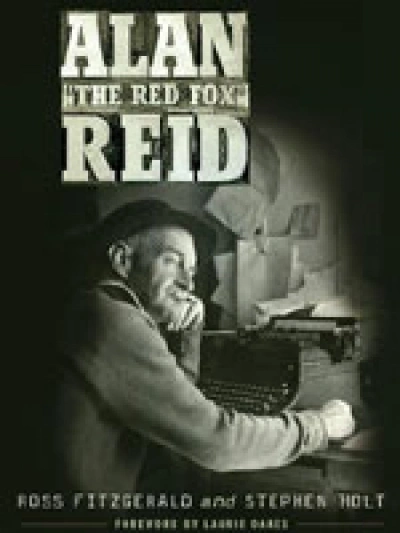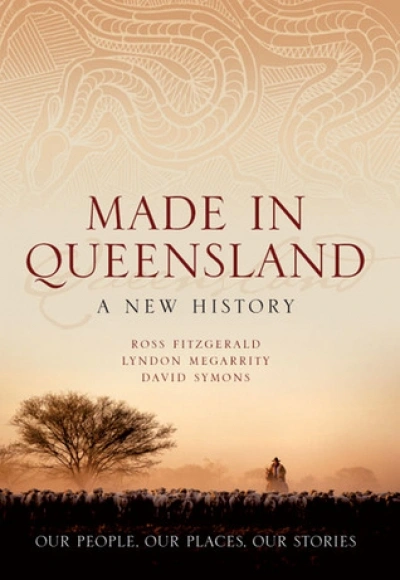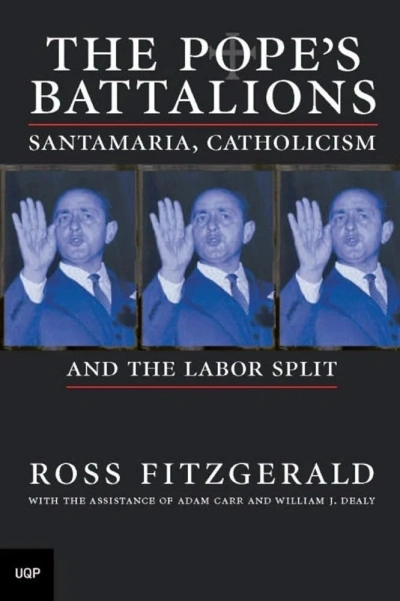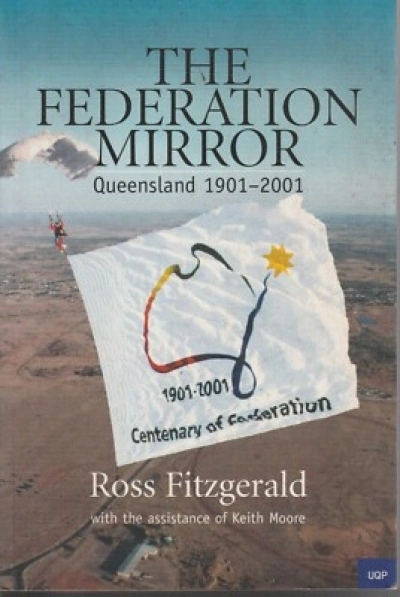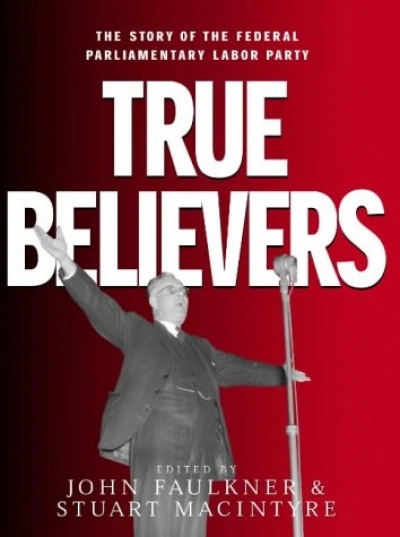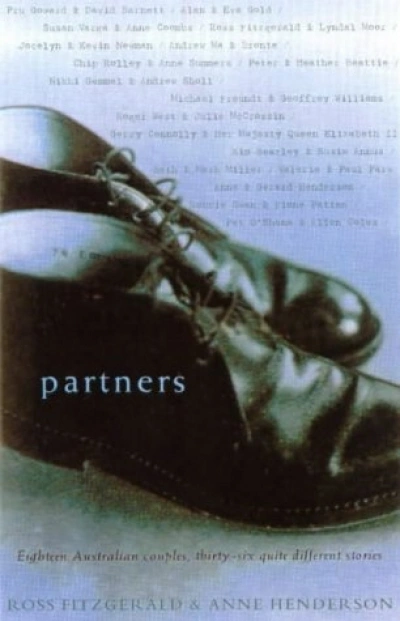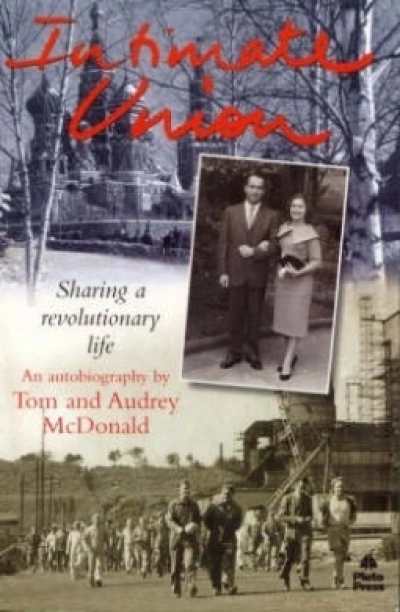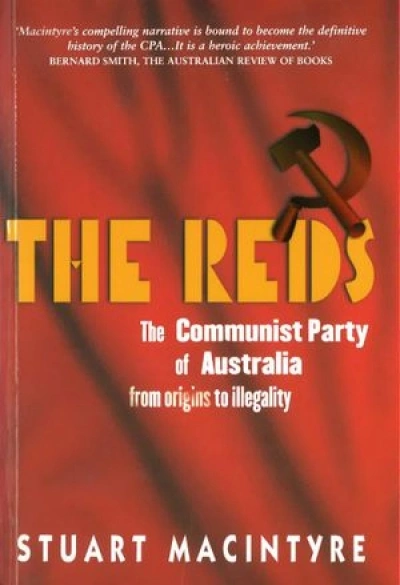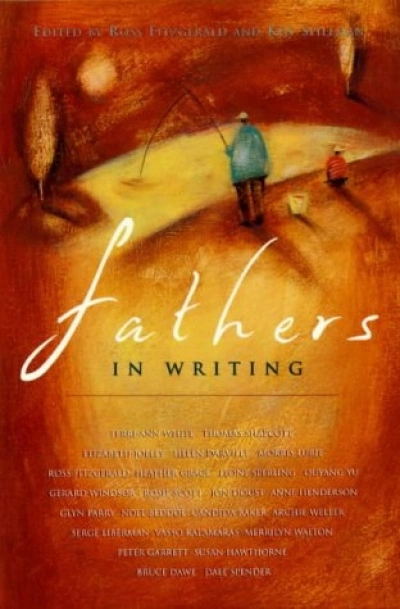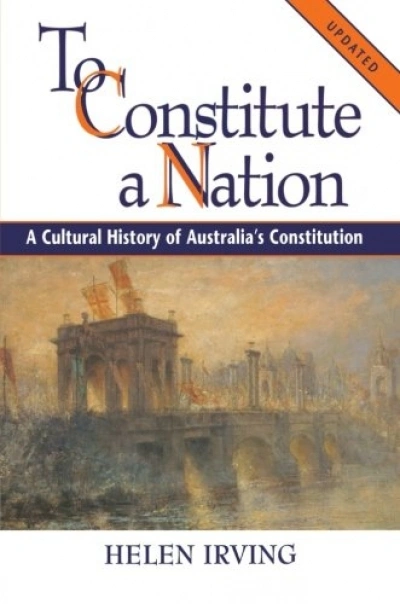Ross Fitzgerald
Alan ‘The Red Fox’ Reid: Pressman Par Excellence by Ross Fitzgerald and Stephen Holt
by Tom D.C. Roberts •
Made in Queensland: A new history by Ross Fitzgerald, Lyndon Megarrity and David Symons
by Bill Metcalf •
The Pope’s Battalions: Santamaria, Catholicism and The Labor Split by Ross Fitzgerald
by Heather Nash •
The Federation Mirror by Ross Fitzgerald & Johannes Bjelke-Peterson by Rae Wear
by Geoffrey Bolton •
True Believers: The story of the Federal Parliamentary Labor Party edited by John Faulkner and Stuart Macintyre
by Ross Fitzgerald •
The Reds: The Communist Party of Australia from origins to illegality by Stuart Macintyre
by Ross Fitzgerald •
Fathers in Writing edited by Ross Fitzgerald and Ken Spillman
by Delia Falconer •


